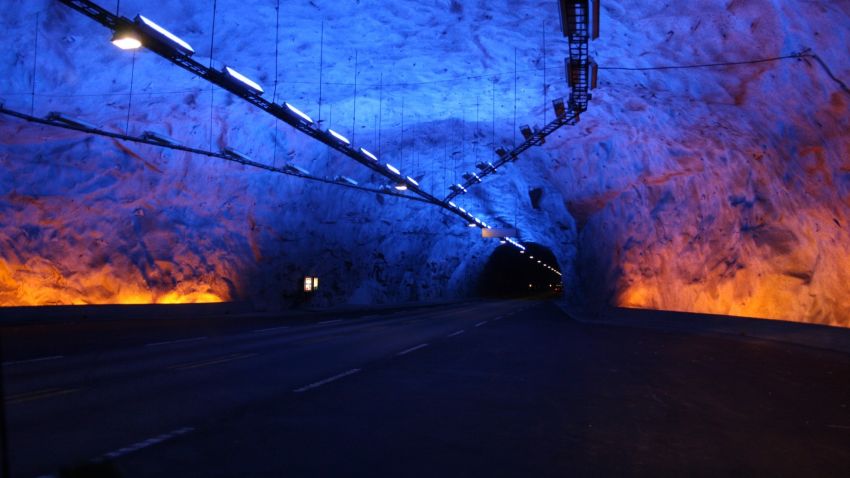ASME to Hold a Workshop on Use of HDPE Piping Systems in Nuclear Power Plants
ASME to Hold a Workshop on Use of HDPE Piping Systems in Nuclear Power Plants
NEW YORK, May 10, 2010 – ASME in conjunction with the Electric Power Research Institute and the Plastics Pipe Institute, in June will hold a three-day educational workshop on the installation of high-density polyethylene (HDPE) piping in nuclear power plants.
Set for June 7-9, 2010, at the EPRI Center in Charlotte, N.C., the workshop will cover the technical as well as regulatory issues attending the design, installation, testing, and maintenance of HDPE systems. The nuclear power industry is showing an increasing interest in using the high-performance, lightweight HDPE pipe in new installations and also as a viable replacement option for traditional underground steel piping in existing electric-generating facilities.
The workshop, named "Use of HDPE for Power Plant Piping Systems" and focused on the ASME Boiler and Pressure Vessel Code Case N-755 issued in 2008, is aimed at engineers and project managers involved in the design, operations, testing and maintenance, and equipment procurement at nuclear power facilities. Speakers in the program will represent resin suppliers, pipe and pipe fitting manufacturers, test laboratories, research organizations, regulatory agencies, and engineering design and service organizations.
ASME code experts and representatives of fusion equipment manufacturers will give presentations at the workshop, which also will feature hands-on demonstrations of the fusion process used to join HDPE piping. The program also will cover a case study of a successful HDPE installation at Duke Energy’s Catawba Nuclear Station.
In addition to the presentations, the workshop will offer networking opportunities and exhibits of products and services available in the HDPE marketplace. Attendees also will have the opportunity to tour the Performance Pipe manufacturing facility in Spartanburg, S.C., and the Catawba nuclear plant.
“Use of HDPE for Power Plant Piping Systems” is a service of ASME Training & Development, which also offers online training on HDPE.
About ASME ASME helps the global engineering community develop solutions to real world challenges. Founded in 1880 as the American Society of Mechanical Engineers, ASME is a not-for-profit professional organization that enables collaboration, knowledge sharing and skill development across all engineering disciplines, while promoting the vital role of the engineer in society. ASME codes and standards, publications, conferences, continuing education and professional development programs provide a foundation for advancing technical knowledge and a safer world.
About the Electric Power Research Institute (EPRI) EPRI conducts research and development relating to the generation, delivery and use of electricity for the benefit of the public. An independent, nonprofit organization, EPRI brings together its scientists and engineers as well as experts from academia and industry to help address challenges in electricity, including reliability, efficiency, health, safety and the environment. EPRI's members represent more than 90 percent of the electricity generated and delivered in the United States , and international participation extends to 40 countries. EPRI's principal offices and laboratories are located in Palo Alto, Calif.; Charlotte, N.C.; Knoxville, Tenn., and Lenox, Mass.
About the Plastics Pipe Institute (PPI) The PPI is a Texas-based, non-profit organization, founded in 1950, that is the major trade association representing all segments of the plastic piping industry. PPI is dedicated to expanding awareness about plastic pipe systems and promoting plastics as the material of choice for pipe applications. It is the premier technical, engineering and industry knowledge resource that publishes data for use in the development and design of plastic pipe systems. Additionally, PPI collaborates with industry organizations that set standards for manufacturing practices and installation methods.
-#-
ASME Contact: John Varrasi varrasij@asme.org or 212.591.8158
Media contact: Regina Nisita rnisita@affectstrategies.com or 212.398.9680 ext 145



